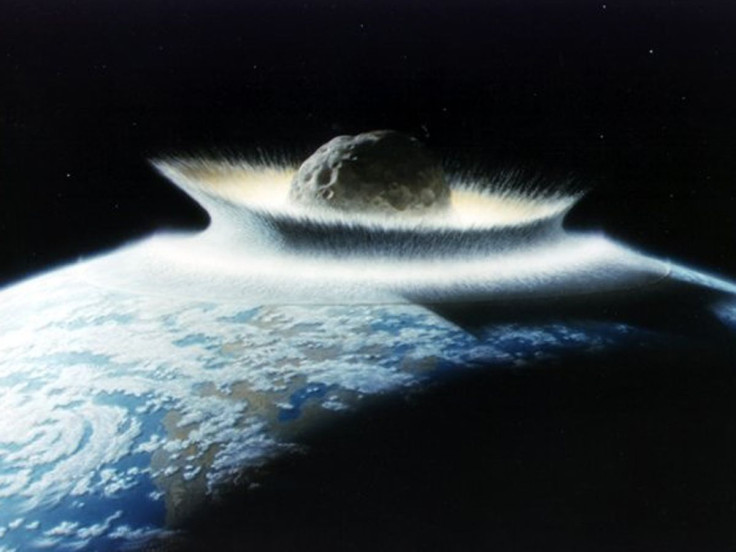Scientist Reveals Truth About Earth’s Chances Of Surviving An Asteroid Impact

A professor from the University of Westminster in London offered valuable insight regarding Earth’s chances of surviving an asteroid impact. In addition to Earth’s survival, the professor also talked about the likelihood of an extinction-level impact event happening.
Dr. Lewiss Dartnell, a professor of science communication, believes that humans have a very good chance of enduring an asteroid impact. Despite what happened to the dinosaurs 66 million years ago, Dartnell thinks that humans are not in danger of going extinct due to an asteroid strike.
The professor noted that in order to wipe out all life on Earth, an asteroid has to be hundreds or even thousands of kilometers long. Although NASA has already detected and identified asteroids that are certainly big enough to kill planets, the agency noted that none of these are currently on a collision course with Earth.
“The Earth is not going to be destroyed by an asteroid,” Dartnell told Mashable India. “Alright, so a different question might be, could all life on Earth be driven to extinction by asteroids?”
“Again, the answer would be that no,” he continued. “There’s no asteroid big enough that on a collision with the Earth could do that.”
Dartnell, however, believes that there asteroids out there that can easily take out cities. Despite this, he still believes that chances of city-killers hitting Earth are very slim.
One of the currently known asteroids that are capable of destroying entire cities is Apophis. Scientists once thought that his asteroid, which measures about 1,214 feet long, was in danger of colliding with Earth in the next decade.
However, after follow-up observations, space agencies ruled out a possible collision between Apophis and Earth in the near future.
“If we were very, very unlucky, and they strike over a major city, then they could destroy the city,” Dartnell said. “But the chances of that happening are very unlikely.”
“Asteroid Apophis is one of the asteroids that we are tracking and we know that it is not going to impact for the next few decades and will continue on trail,” the professor added.
Aside from the asteroid’s slim chances, space agencies from various countries are hatching their own plans to save Earth from getting hit by a massive space boulder.
© Copyright IBTimes 2025. All rights reserved.





















